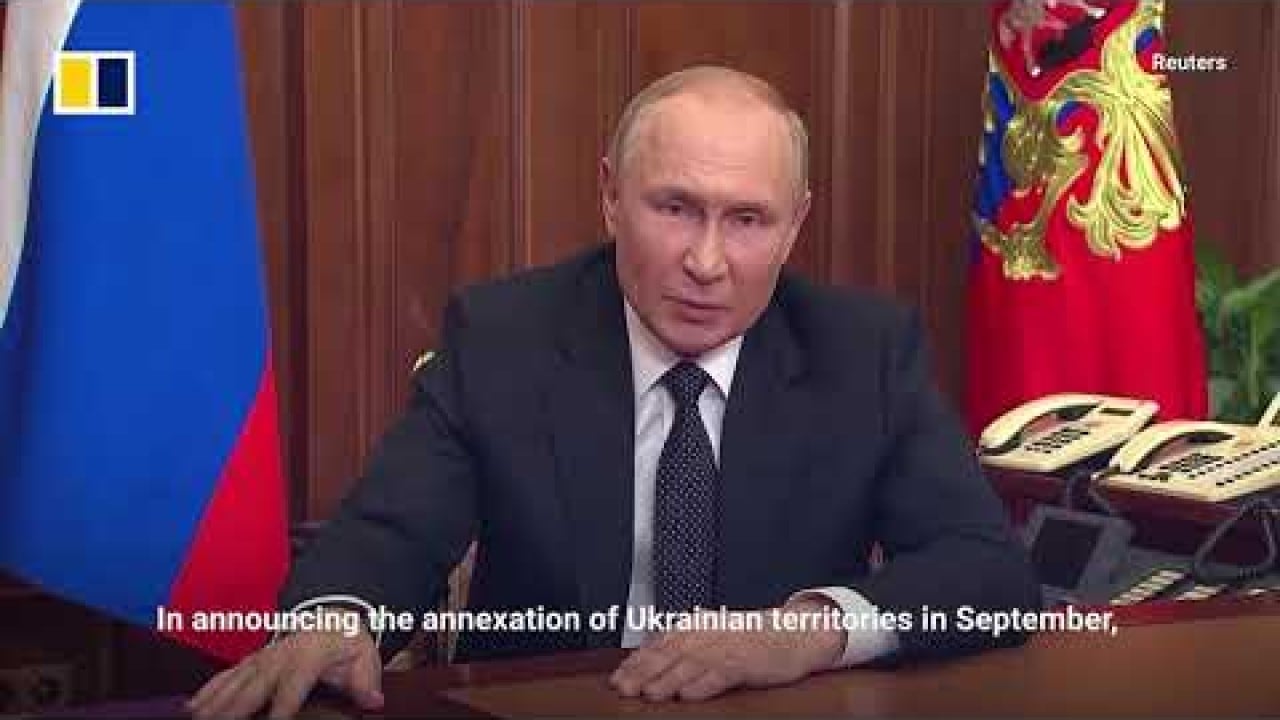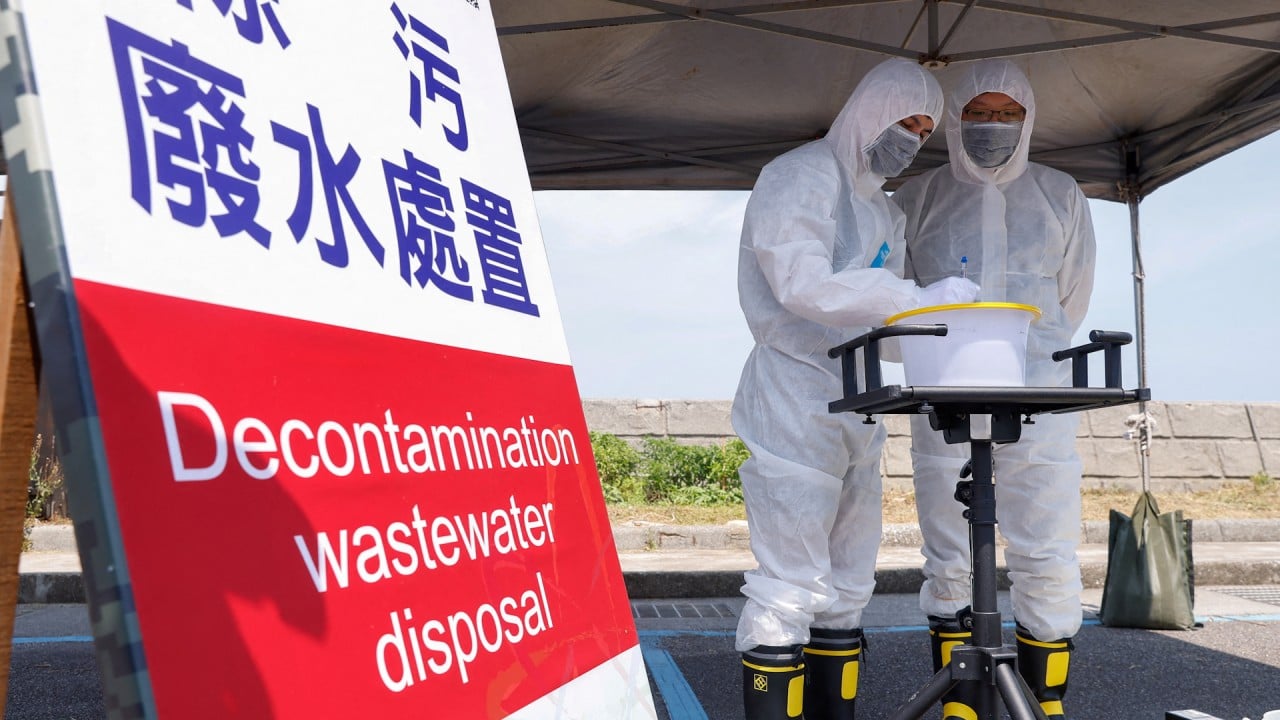
China and US set for first nuclear non-proliferation talks in years
- Chinese foreign ministry confirms that arms control chief Sun Xiaobo will lead Beijing’s delegation during talks in US capital with US State Department officials
- Washington has previously expressed concern that Beijing is building up its nuclear arsenal, but China says the onus is on the US to make the first cuts
The Chinese delegation will be led by Sun Xiaobo, who leads the foreign ministry’s arms control department, Wang Wenbin, a spokesman for the ministry, told a news conference on Thursday.
The US will be represented by Mallory Stewart, the assistant secretary of state for arms control, verification and compliance, according to the Wall Street Journal. The American office Stewart heads is responsible for providing oversight of other countries’ arms control commitments.
The last time such talks were held was in Beijing in July 2019, when Sun’s predecessor Fu Cong met Christopher Ford, the acting undersecretary of state for international security and non-proliferation. Officials responsible for arms control from the two sides also met in Beijing in 2016.
Wang, the Chinese foreign ministry’s spokesman, said on Thursday: “China and the US will discuss a wide range of topics, including non-proliferation, as required by international arms control treaties.”
The meeting, to be held in Washington, is part of a series of discussions agreed after last week’s talks between Chinese Foreign Minister Wang Yi and US Secretary of State Antony Blinken, with other talks covering issues such as maritime affairs and disability rights.
Preparations taking place at the St Regis Beijing indicate that the hotel will host the first talks on maritime issues between the two sides on Friday.
Meanwhile, the PLA has been developing new missiles that can be deployed from land, sea and air at various ranges.
However, Beijing argues that the five nuclear powers covered by the Nuclear Non-Proliferation Treaty have different nuclear capabilities, policies and security environments, ruling out a universally applicable standard for transparency.
It also says the US, as the holder of one of the two biggest nuclear arsenals in the world, should be the first to make reductions in the number of weapons it holds.
Russia and the US have by far the biggest nuclear arsenals. Moscow had 47 per cent of the world’s active nuclear warheads, while Washington had 39 per cent, as of January, according to data from the Stockholm International Peace Research Institute think tank.
It gave a slightly lower estimate for the size of China’s arsenal, the third biggest in the world, putting it at 410 warheads, or 4.3 per cent of the global total.
In August, representatives from the three countries and the other two nuclear powers covered by the Nuclear Non-Proliferation Treaty – Britain and France – took part in talks in Vienna.
China has little motivation to cooperate on nuclear non-proliferation, especially when it believes the US is trying to contain its development, according to Zhao Tong, a senior fellow at the Carnegie Endowment for International Peace’s nuclear policy programme.
“There isn’t much room for cooperation. China believes that the US is creating barriers in nuclear cooperation, including its nuclear submarine cooperation with the UK and Australia,” he said, adding that Beijing thinks the onus is on the US to “fix its errors”.
North Korea used to be one area where the two sides could cooperate on non-proliferation, but Zhao said Beijing could no longer exert enough influence on Pyongyang and did not wish to work with Washington.
Another Chinese academic specialising in non-proliferation, who spoke on condition of anonymity, said he was not optimistic about the meeting, adding that the “talks are just for show”.
He said the US wished to place “guard rails” on China’s nuclear policy, but Beijing was unlikely to respond given that it saw itself as the weaker nuclear player.
He also said that it regarded nuclear talks as a reward for foreign policy positions that were more favourable to Beijing, such as those on Taiwan.
However, possible events – such as victory in January’s Taiwanese presidential election by the independence-leaning Vice-President William Lai Ching-te, or a visit to the island by new US House Speaker Mike Johnson – could see Beijing discontinue nuclear talks with the US despite its international obligations.



